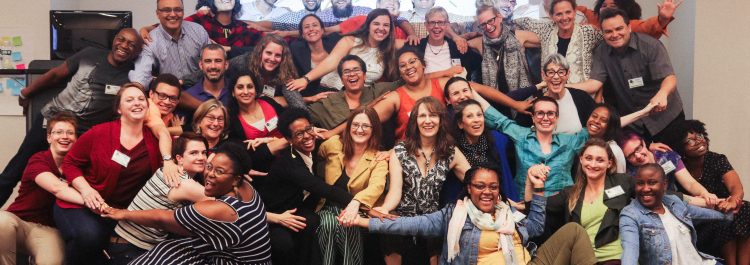Research Topic – Active Learning: Theoretical Perspectives, Empirical Studies and Design Profiles
This Research Topic was launched to engage a broad audience of educational researchers and practitioners as an online knowledge community whose goal is to understand active learning designs. In doing so, it allows for an ongoing discussion of active learning, with the aim of supporting a growing community of researchers and practitioners, and aggregating compelling illustrations.
Through the articles published under this Topic we gain a better understanding of questions such as:
- Why might active learning pedagogies be effective?
- What aspects of student and teacher interactions are responsible for their efficacy?
- What are important principles underlying effective curricular designs?
- What are the most compelling applications of media and technology?
- What are the best practices for classroom or online enactment?
- How does active learning vary across disciplines and student age levels (elementary, secondary and undergraduate education)?
Check out these articles…
The first call for manuscripts has resulted in 12 published articles, representing 44 authors and over 25 reviewers from our international community. See below for links to the full articles.
- Flipped Classroom in Organic Chemistry Has Significant Effect on Students’ Grades
- What Types of Instructional Shifts Do Students Experience? Investigating Active Learning in Science, Technology, Engineering, and Math Classes across Key Transition Points from Middle School to the University Level
- Challenge of Helping Introductory Physics Students Transfer Their Learning by Engaging with a Self-Paced Learning Tutorial
- Use of a Social Annotation Platform for Pre-Class Reading Assignments in a Flipped Introductory Physics Class
- Using the TAM and Functional Analysis to Predict the Most Used Functions of an Active Learning Classroom (ALC)
- Toward a Neurobiological Basis for Understanding Learning in University Modeling Instruction Physics Courses
- Insights From the Science of Learning Can Inform Evidence-Based Implementation of Peer Instruction
- Change Process of Two Postsecondary Teachers in the Early Adoption of an Active Learning Classroom
- CKBiology: An Active Learning Curriculum Design for Secondary Biology
- Three instructional strategies for addressing the diverse needs of a “mixed student epistemology” science classroom
- Active learning in preservice teacher education: An experiential approach supported by collaborative platforms
- A Learning Community Approach for Post-Secondary Large Lecture Courses
A second round call for manuscripts is forthcoming. Stay tuned!
A little history
This Research Topic was started by James Davis Slotta currently at University of Toronto OISE, Ontario, Canada; Rob Cassidy Concordia University, Montreal Canada; Elizabeth S. Charles, Dawson College, Westmount, Canada and Nathaniel Lasry, John Abbott College, Sainte-Anne-de-Bellevue, Canada.
For more information go to Frontiers Research Topic: Active Learning



